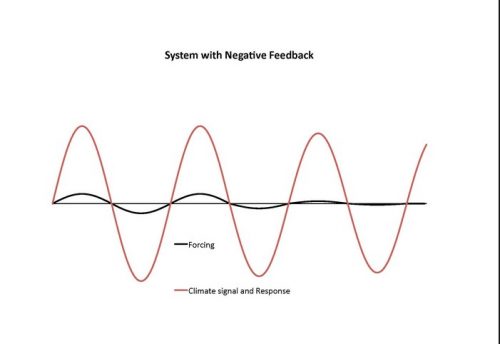
Global-climate-change.org.uk about the climate which is the long-term statistical expression of short-term weather. Climate can be defined qualitatively as “expected weather” (Bradley, 1985), or quantitatively by statistical expressions such as central tendencies and variances. The overall distribution of climatological parameters, bounded by weather extremes, defines the climatic variability. Changes in climate can be defined by the differences between average conditions at two separate times. Climate may vary in different ways and over different time scales. Variations may be periodic (and hence predictable), quasi-periodic or non-periodic (Hare, 1979).
This guide represents a recent (1999) review of climate change. Throughout, the focus has essentially been on global climate change, although reference to regional scale climatic change has been made if and when necessary. On their own each chapter is a broadly self-contained discussion of a specific sub-issue of importance.
Chapters 1 and 2 review the climate system and the causes of climate change. These two chapters form the basis for understanding what climate change is, and how and why it occurs. Chapter 3 discusses the methods used to construct climatological time series from various instrumental data, and the reconstruction of palaeoclimates (past climates) from proxy data, whilst chapter 4 reviews the use of climate models in attempting to understand the climate system and climate change. Finally, chapters 5 and 6 are concerned with the topics of palaeoclimatology and contemporary climate change respectively.
The purpose of the guide is to serve as a first resort for university and college studens in environmental sciences, geography and related disciplines, but is equally valuable as an information resource for the informed layperson. It is not a complete guide but serves to review and illustrate the key factors of climate change over time and space. It contains an extensive list of references. Read more about human impact on global climate change.
The author (Joseph Buchdahl) recognises that the study of global climate change is a rapidly developing discipline, and recent empirical evidence of climate change, and modelling evidence of the causes of climate change may have been omitted. In this sense, the guide represents a snapshot in time of the current understanding of climate change, which is open to future development. For the most recent scientific consensus regarding the science and impacts of contemporary climate change (global warming) please refer to the latest IPCC reports.




Leave a Reply